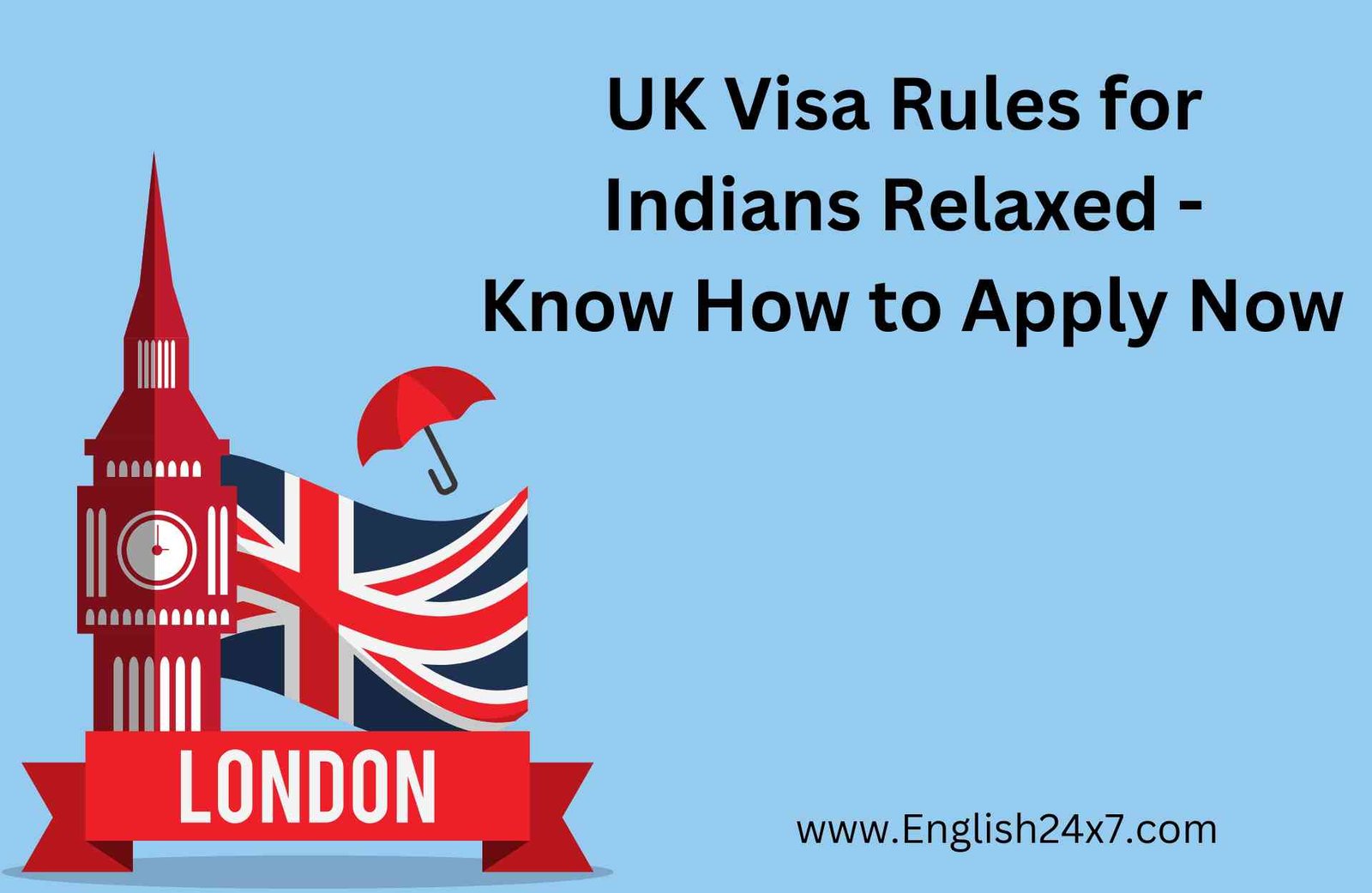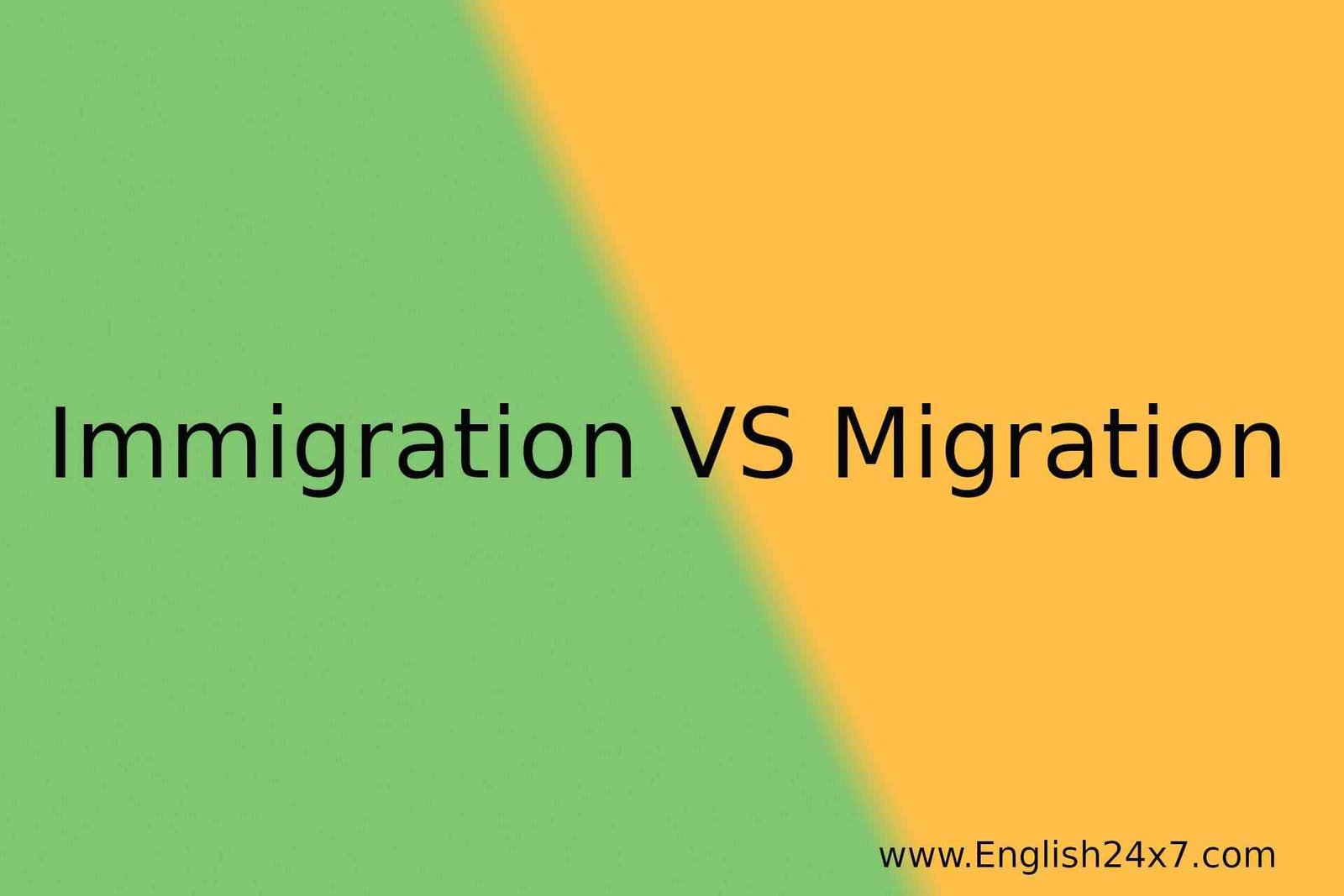
UK Visa Rules for Indians Relaxed - Know How to Apply Now
UK Visa Rules: As talks for a free trade agreement (FTA) between the two countries continue, India is putting pressure on the UK government to relax visa regulations for qualified professionals hired by Indian companies investing in Britain.
The action comes in addition to India's persistent request for extra visas for Indian workers, however this has so far been greeted with resistance by the UK government, pushing the original October 2022 deadline for negotiations over the mark.
The second-largest foreign investor in the UK is an Indian company, and India wants to ensure employment freedom for its companies.
The most recent round of negotiations got under way on April 25 and are planned to go for a week.
Rules of origin difficulties, the prospective implementation of a carbon tax on steel imports, and longer-term employment opportunities for Indian students in the UK are some of the topics on the table.
The FTA's completion, which is anticipated to quadruple bilateral commerce between the two nations by 2030, is the primary focus of the negotiations.
The UK government had originally intended for the negotiations to be completed by Diwali 2022, but there have already been delays.
The UK seeks to reduce tariffs and create opportunities for UK services to operate in India under the agreement.
The deal is essential for India to achieve its goal of $2 trillion in exports annually by 2030 and to become a top destination for businesses moving their supply chains away from China.
The talks take place at a time when tensions between the two nations are high. Recently, the Indian High Commission in London was vandalized, and the British Broadcasting Corporation just aired a scathing documentary about Indian Prime Minister Narendra Modi.
Nevertheless, UK President Rishi Sunak has voiced optimism for the partnership's future, viewing it as a component of a larger, expanding engagement with India.
Although the UK has emphasized that immigration and trade are two distinct policy areas, conversations about temporary business travel inside the FTA to let professionals provide services in each other's markets are still underway.
However, there will be no immigration-related commitments in the FTA. Additionally, the UK government is working to reduce import taxes on cars and Scotch whisky.
Just know about UK Visa Rules:
Understanding Free Trade Agreements (FTA) and Their Benefits
Free Trade Agreements (FTAs) are trade agreements between two or more nations that attempt to lower or abolish trade restrictions like tariffs and quotas in order to increase the flow of products and services between the parties.
As nations attempt to open their markets to international trade and competition, these agreements are becoming more and more typical.
Increasing trade and economic cooperation between the participating nations is the primary goal of an FTA.
FTAs open up new business opportunities, boost exports, and cut the price of imported goods for consumers by lowering or removing tariffs and other trade barriers.
FTAs result in greater diplomatic relationships and deeper political ties between nations in addition to these economic advantages.
An FTA helps level the playing field for businesses by eliminating the advantage that domestic producers have over overseas rivals, which is one of its most significant advantages.
This is accomplished by reducing trade restrictions and tariffs, which can make it challenging for foreign companies to compete with domestic firms.
This might result in more competition, which might bring down consumer costs and spur company innovation.
FTAs can also aid in promoting economic growth as well as advancement in developing nations, which is a significant advantage.
By lowering trade barriers, developing nations can boost their exports and draw in foreign capital, which can help to raise living standards and create jobs.
FTAs can also assist in the transfer of technology and information from developed economies to underdeveloped ones, enhancing their competitiveness and fostering innovation.
FTAs do not, however, come without detractors. Certain industries, particularly those that are not competitive in international markets, may see employment losses as a result of FTAs.
Also because firms want to reduce costs and boost profits by taking advantage of lower-cost labor and natural resources in underdeveloped nations, FTAs result in increased inequality and environmental degradation.
The advantages of FTAs are obvious in spite of these objections. They boost commerce and investment, encourage economic growth, and raise living conditions for people all around the world.
FTAs will continue to be crucial in boosting trade and economic cooperation between nations as global markets become more integrated.
How to Apply for a Visa Under FTA
The process for applying for a visa under a Free Trade Agreement (FTA) depends on the specific terms of the agreement and the requirements set by the participating countries.
Generally, an FTA allows for easier movement of certain individuals between the participating countries, such as business professionals, investors, and skilled workers.
To apply for a visa under an FTA, individuals need to meet the eligibility criteria set out by the agreement and the participating countries.
This includes having a valid passport, a job offer or contract from a participating company, and meeting certain education and experience requirements.
Individuals also need to provide additional documentation, such as proof of financial support, travel plans, and medical insurance.
It is important to carefully review the requirements and instructions for the specific visa application before applying.
In some cases, individuals are able to apply for the visa online or through a visa application center.
They also need to attend an interview or provide biometric information, such as fingerprints or a photograph.
It is important to carefully review the eligibility criteria and application instructions before applying to ensure a smooth and successful visa application process.
Conclusion:
Ultimately, India is pressuring the UK government to loosen visa requirements for skilled workers engaged by Indian businesses investing in Britain.
Negotiations on a free trade agreement (FTA) between the two nations have been put off because of differences over additional visas for Indian workers.
Despite the differences between the two countries, both sides are enthusiastic about the future of the alliance, with the FTA's conclusion expected to double bilateral trade between the two countries by 2030.
As countries work to open their markets to foreign trade and competition, Free Trade Agreements (FTAs) are becoming more and more common.
An FTA's main objective is to improve trade and economic cooperation between the participating countries, which will lead to more commercial opportunities, increased exports, and lower consumer costs.
FTAs can enhance competition, which may result in job losses in some industries, but they can also help developing countries' economies expand and flourish.
The benefits of FTAs are obvious, and as global markets grow increasingly integrated, they will continue to be essential in fostering international commerce and economic cooperation.
You may also check Guide to Canada Spouse Visa:-Requirements, Process, and Timeline.



